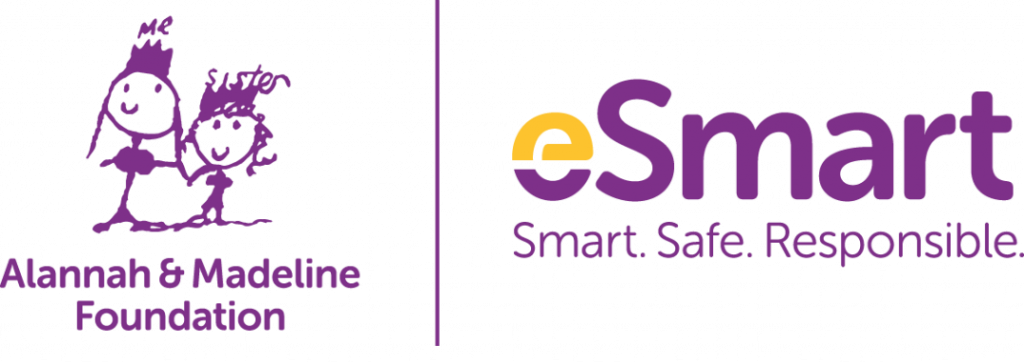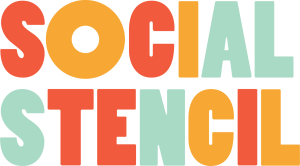Wellbeing and Inclusion
A supportive space for all students.
Wellbeing
At Livingstone Primary School, we prioritise student wellbeing and inclusion through our safe and supportive learning environment, evidence based social and emotional learning curriculum and continual staff professional learning. Our staff team includes a Wellbeing Leader, an Inclusion Leader, a Student Support Officer, and a team of Education Support Staff. A number of programs and initiatives are used to teach and promote wellbeing and inclusion at our school, including:
– A School-Wide Positive Behaviour Support framework – A positive, safe and fair learning environment
– eSmart – keeping children safe from bullying, cyber bullying and violence.
– Respectful Relationships – teaches students to be respectful, resilient and engaged at school and confident in themselves.
– Be You – a national initiative for educators, aimed at promoting and protecting positive mental health in children and young people.
– Social Stencil – a program for selected students designed to enhance student social skills and promote inclusivity.
– Lunchtime Clubs – A range of activities for students to enjoy
– Livingstone Primary School Child Safety – documentation and information on child safety at LPS.
School-Wide Positive Behaviour Support and Livingstone Legends
School-wide positive behaviour support (SWPBS) is an evidence-based framework that brings together school communities to develop positive, safe, supportive learning cultures. It focuses on teaching and encouraging positive behaviour, supporting all students, and providing extra help to those who need it.
Students demonstrating our school values at Livingstone are celebrated and given a green token, which they add to a whole school collection to receive fun rewards.
eSmart

Children are the greatest beneficiaries of the digital era and are learning to navigate the online world at a younger and younger age.
eSmart provides Livingstone with management tools to deal with bullying and cyber issues and incidents so that students feel safer and more supported at school. It also helps us to embrace the benefits of technology while reducing students’ exposure to cyber risks, such as cyber bullying, online predators, sexting, identity theft and fraud.
Our social and emotional learning program uses eSmart practices as a guide to educate students to be smart, safe and responsible online. Students participate in fortnightly eSmart lessons which explore themes such as screen time, online safety, online communication and help-seeking strategies.
For more information about how to support your child’s digital safety and wellbeing, please see the following information from raisingchildren.net or speak to your child’s classroom teacher.
– Internet Safety – 6-8 years
– Internet Safety – 9-11 years
– Healthy Screen Time
– Healthy Video Gaming
Respectful Relationships
Respectful Relationships is an initiative to help young Victorians deal with a range of challenges they may face and covers topics including being respectful, resilient and engaged at school and confident in themselves. Respectful Relationships promotes equality and helps all students learn how to build healthy relationships. The initiative prepares them to face challenges by developing problem-solving skills and building empathy, resilience and confidence.
Respectful Relationships is taught as part of the Social and Emotional Learning curriculum in all year levels at Livingstone Primary School.
Be You – Beyond Blue

Be You is a national initiative for educators, aimed at promoting and protecting positive mental health in children and young people. Their vision is for schools to be positive, inclusive and resilient, and where every child, young person, staff member, and family can achieve their best possible mental health.
At Livingstone, we are serious about caring for children, so we can’t ignore their mental health.
Early intervention can improve children and young people’s mental health, and in turn, their lifetime outcomes, in areas including lifetime earnings and chronic disease. Good mental health and wellbeing are integral to academic learning. Students with good mental health are more motivated learners, have fewer behavioural problems and show greater commitment to their schoolwork.
Good mental health in childhood also provides a solid foundation for managing the transition from childhood to adolescence and adulthood.
Benefits of a whole school approach to mental health and wellbeing include:
– Enhanced social and emotional learning
– Improved engagement and academic performance
– A positive and supportive learning environment
– Improved student support and earlier intervention if mental health issues emerge
– Increased student resilience and capacity to manage problems if they arise
– Fostering of an environment where students feel safe and supported to speak up if something is bothering them
– Strategies to support students at different developmental stages and smoother transitions between stages of learning.
For more information, please see the Be You website.
Social Stencil

The Social Stencil Program is in an evidence-based initiative designed to enhance student social skills and promote inclusivity. Selected students at Livingstone Primary School in Years 3-6, are invited to participate in the program which is led by trained facilitators, Wellbeing Leader, Ella Hayes, and Inclusion Leader, Larissa Read, with the aim of helping students to learn about themselves and others, to help them learn, work and play together. The program is structured to provide students with valuable insights and tools for managing peer relationships and embracing individual differences.
Students are selected for a range of reasons, including:
– Increasing confidence and showcasing personal strengths
– Building further social connections with peers
– Further developing emotional recognition and regulation
– Increasing engagement with school.
For more information, please visit: https://www.socialstencil.com/
Lunchtime Clubs
Lunchtime clubs help build student engagement, social skills and inclusion for all students. A range of activities are offered at Livingstone to support students who may not enjoy unstructured outside time, or for those who have specific interests that they wish to pursue during break times. Some of our many clubs and activities include:
– The opening of the library for half of lunchtime for reading, browsing and borrowing
– A Wellbeing Break out space
– Creative activities such as Playdoh club, Drawing Club, Art Club, Bracelet Making Club
– Mindful Colouring
– Building and Construction Club
– STEAM activities
– Sports clubs and structured games, including Girls Footy and Yoga.
Recognition of Special Days and Events
At Livingstone Primary School, students recognise and raise awareness of important days which focus on Wellbeing and/or Inclusion. Lessons taught through the Social and Emotional Curriculum and cross year level activities promote student understanding, acceptance, and celebration of diversity.
Past days recognised at Livingstone Primary School include:
– International Day of People with Disabilities
– National Day of Action Against Bullying and Violence
– R U OK? Day
– World Autism Awareness Day

